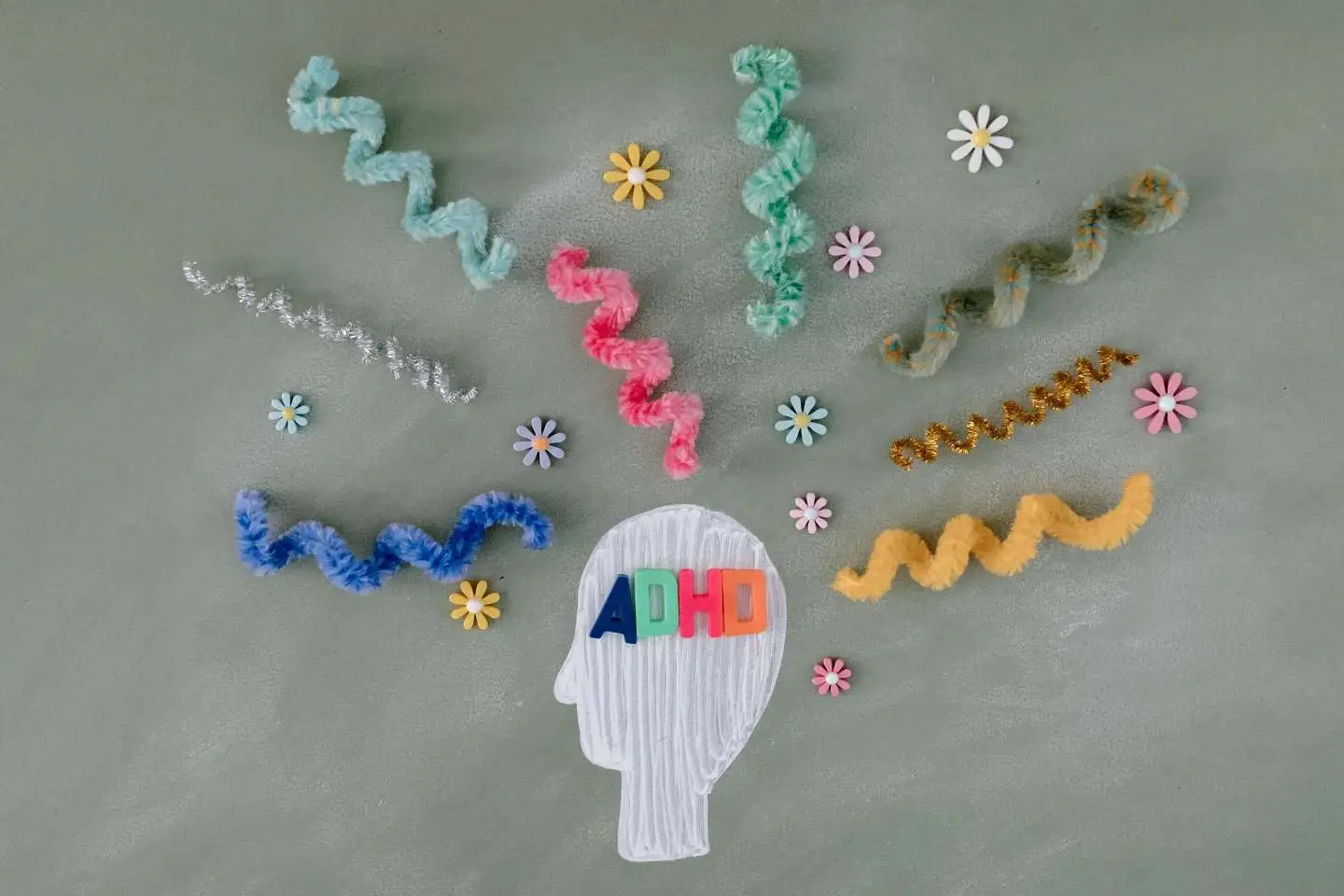Attention Deficit Hyperactivity Disorder Test
What is ADHD?
Attention-Deficit/Hyperactivity Disorder (ADHD) is a neurodevelopmental condition characterized by patterns of inattention, hyperactivity, and impulsivity, collectively known as ADHD symptoms, that interfere with daily functioning. ADHD is divided into three subtypes: predominantly inattentive, predominantly hyperactive-impulsive, and combined. Symptoms of inattention include difficulty focusing, forgetfulness, and disorganization, while hyperactivity and impulsivity manifest as fidgeting, excessive talking, or acting without thinking. These behaviours typically begin in childhood and can persist into adulthood, affecting academic, professional, and social outcomes.
How Does ADHD Affect My Child's School Career?
Children with ADHD often face challenges in the classroom, such as difficulty concentrating, completing assignments, or following instructions. Inattention may lead to poor academic performance, while hyperactivity and impulsivity can result in behavioural issues or difficulty maintaining peer relationships. These difficulties may be misinterpreted as a lack of effort or discipline, potentially delaying diagnosis and intervention.
However, tailored educational strategies can help. Interventions such as Individualised Education Plans (IEPs) or Individualised Behaviour Plans (IBP’s), and classroom accommodations (e.g., extended test times or preferential seating) are often effective. Early diagnosis and appropriate support are critical to ensuring children with ADHD reach their academic potential.
How Can ADHD Affect My Child's Future?
Without proper management, ADHD can impact various aspects of adulthood, including career, relationships, and mental health. Adults with untreated ADHD may experience
difficulties with time management, organization, and maintaining focus, which can hinder professional success. Additionally, child symptoms such as impulsivity and emotional dysregulation can strain personal relationships.
On the other hand, individuals with an ADHD diagnosis who receive appropriate treatment, such as behavioural therapy, medicating, coaching, or skill-building interventions, can lead fulfilling lives. Many ADHD adults excel in dynamic environments where creativity, multitasking, and problem-solving are valued. Building strong support systems and developing coping mechanisms are essential for long-term success.
Understand ADHD Symptoms with Our Comprehensive Assessments
NeuroNet is a cutting-edge online platform dedicated to supporting the neurodiverse community by providing accessible, efficient, and affordable tools for identifying
developmental and learning challenges. For just $34.95 per online test, NeuroNet offers parents and educators the ability to assess the probability of Attention-Deficit/Hyperactivity Disorder (ADHD), Autism Spectrum Disorder (ASD), Oppositional Defiant Disorder (ODD), and learning difficulties such as Dyslexia and Dyscalculia. The ADHD quiz is carefully evaluated with sensitivity to cultural and community factors, ensuring accurate and meaningful results. Participants receive their ADHD test outcomes, classified as High or Low probability, directly via email. Beyond these tests, NeuroNet empowers educators and caregivers with actionable strategies tailored to the unique needs of neurodiverse individuals. Teaching methodologies for educators and parenting techniques for caregivers are complemented by a wealth of articles and resources available on the website. These materials are designed to equip families, teachers, and community members with knowledge and tools to foster inclusion and success for neurodiverse individuals.
NeuroNet is more than a testing service; it is a hub for education, and advocacy. By addressing both identification and intervention, NeuroNet ensures that every child and adult in the neurodiverse spectrum receives the understanding and resources they need to thrive. Explore more at NeuroNet and join the mission of empowering neurodiversity.
For more detailed insights into ADHD, visit CDC’s ADHD page and the National Institute of Mental Health’s ADHD resource.




